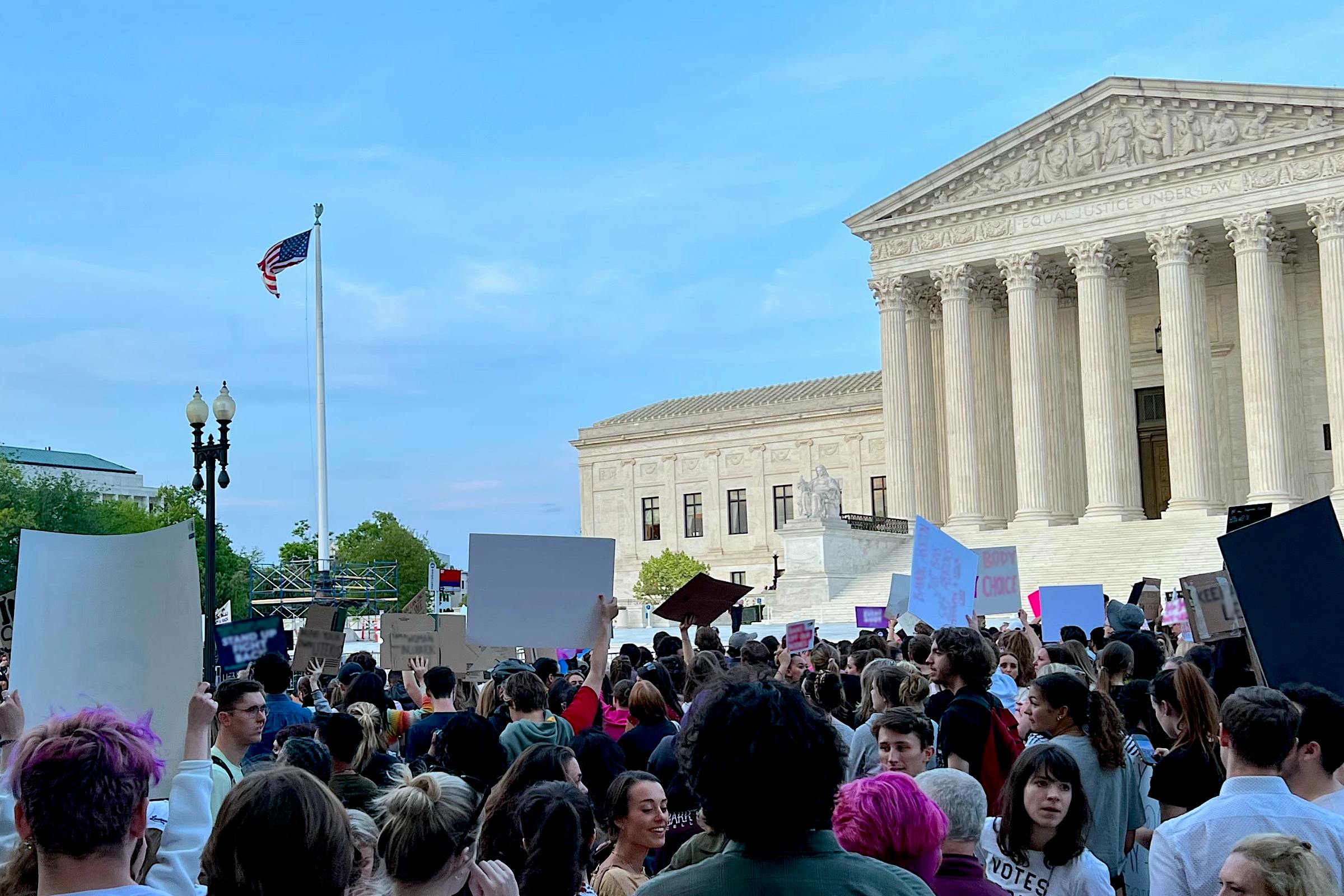Background on the POWER Act
The aim of the POWER Act is to reduce employer abuse for all workers, including skilled and unskilled foreign labor. The act sets out procedures to follow to report knowledge of any unlawful or unfair labor practices. Because many immigrants and nonimmigrants, including those under an H-1B visa, don’t report these situations out of fear of retaliation from the employer, co-workers, or industry, the POWER Act steps in to increase protection for exercising one’s rights.
Under the POWER Act, workers are provided rights that include the following:
● Increased eligibility for victims of crimes, such as domestic violence, rape, abduction, and blackmail, to obtain U-visa relief, expanding this to include workers suffering serious labor violations.
● Temporary protection for victims who have experienced criminal acts or labor retaliation, providing them the right to temporary lawful status.
● Temporary protection with strengthened investigative powers is provided to labor agencies as they research claims, ensuring any workers arrested or detained are not deported before they are interviewed by the appropriate labor agency.
● Increased responsibility on employers for any labor law violations.
● A removal of the U-visa cap to eliminate the backlog of hundreds of thousands of applicants. Currently, only 10,000 visas are allocated annually. The POWER act removes the cap and eliminates the fees for victims of criminal and severe workplace acts.
When Your H-1B Visa is in Jeopardy
The POWER Act ensures that all workers have safe working conditions, regardless of their immigration status. Without these protections in place, many foreign workers under H-1B visas are hesitant to report violations of their civil and labor rights. Their concern is that if they lose their jobs, their work visas are jeopardized, and they’ll get deported.
Under the POWER Act, if you are a victim of severe workplace violations, your rights are defended. This creates a better workplace environment for everyone, as employers are now aware of workers’ rights to fight back against abuse.
Workplace abuse still exists, despite decades of education and legislation on the subject. Combining the emotional and physical trauma of this abuse with the fear of deportation ensures many nonimmigrants and immigrants don’t report these violations. The purpose of the POWER Act is to provide a safe way for victims of these crimes to report their allegations without fear of retaliation or deportation.
What’s Next?
Anyone can be a victim of a workplace crime, even those under the highly-scrutinized H-1B visa category. When you have questions about your legal rights as an H-1B visa holder, contact Visa2US. Our legal experts can point you in the direction to ensure you remain in the US under a legally valid visa. Don’t stay quiet. Fight back. Contact Visa2US today to find out more about your rights as a skilled foreign worker.














